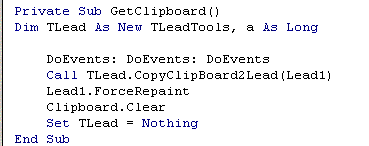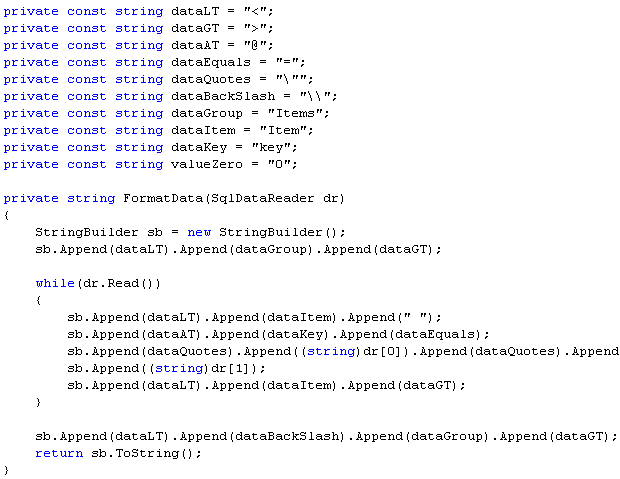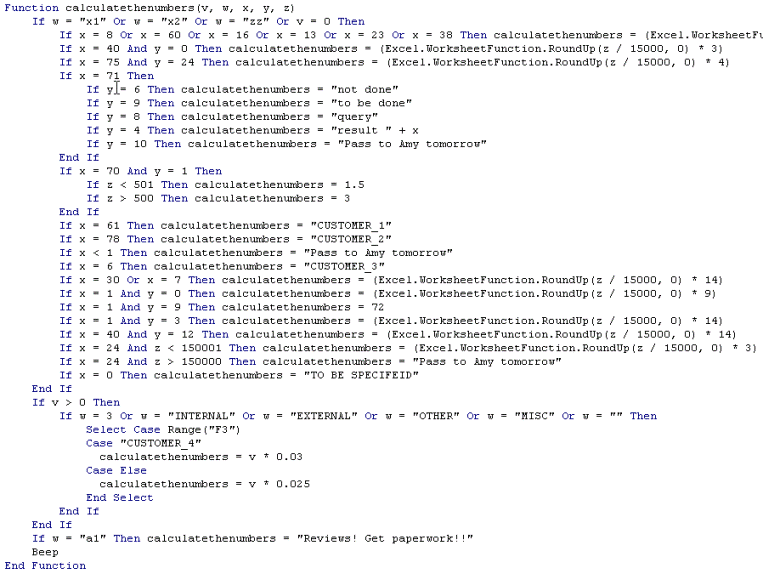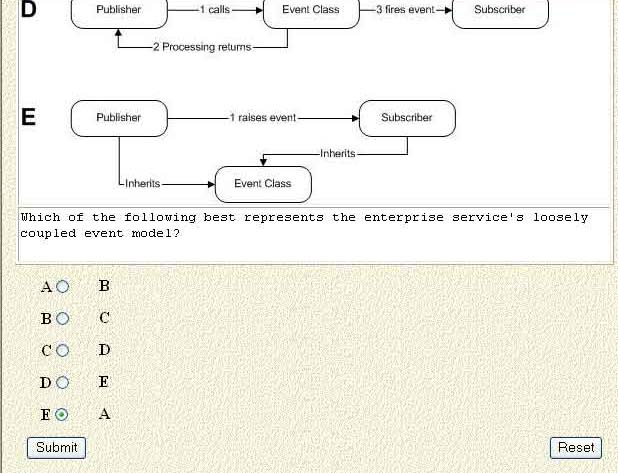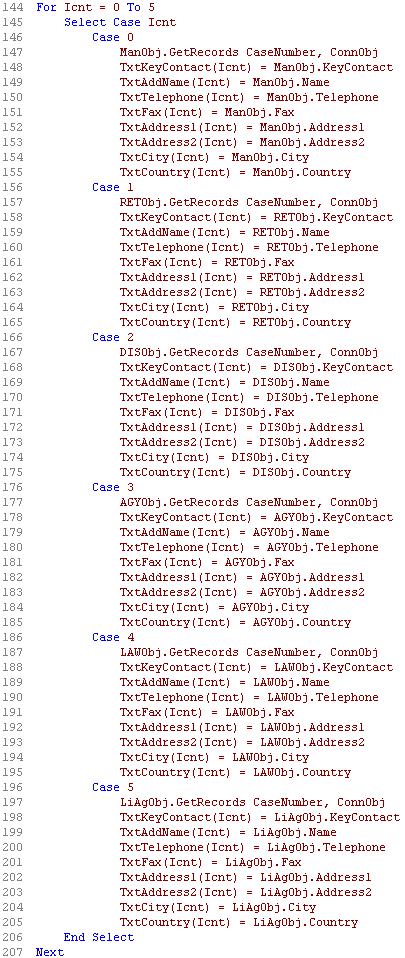Do It! Do It! Do It!
by in Feature Articles on 2004-07-30cablito sends in a snippet from his colleague's ultra-fast, multi-tasking-friendly masterpiece that reverently obeys the TTC rule. That's Third Time is the Charm for those who aren't intimately familiar with the Universal Law stating “If at first you don't succeed ... don't worry, because you sure as hell will on the third try!“

 Jun 04
Jun 04